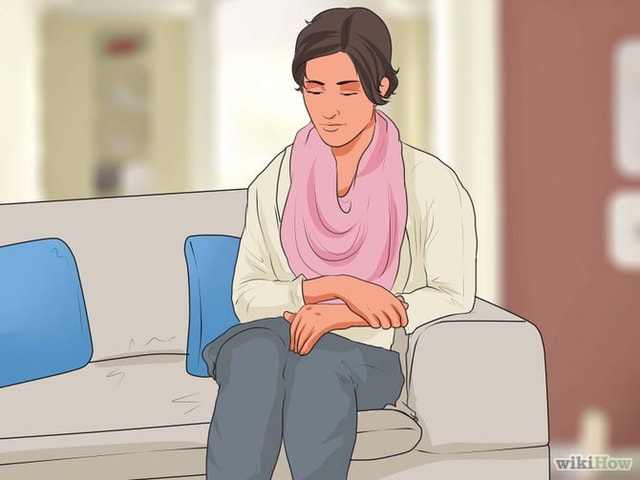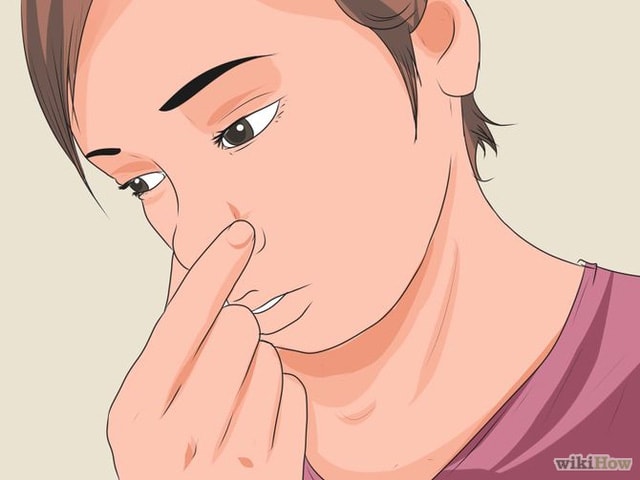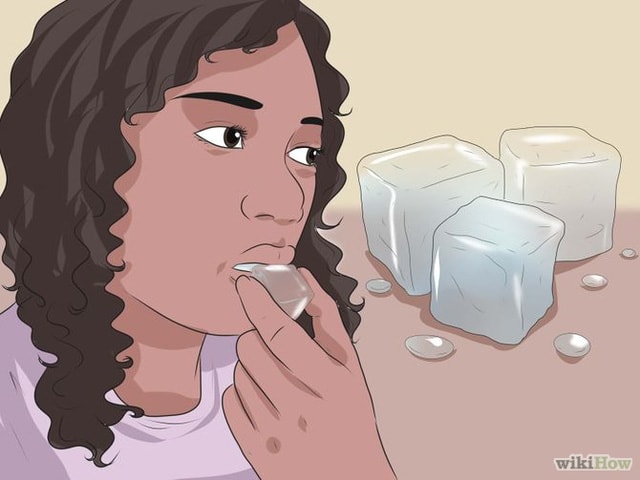Dos and Don'ts When Children Have Nosebleeds
Nosebleeds are more common in winter than in summer. For children, nosebleeds often make parents worry, so what should you do if your child has a nosebleed?
Nosebleeds are also known as nosebleeds. Most causes of nosebleeds originate from the blood vessels in the front part of the nasal septum, which is the middle layer of tissue inside the two nostrils. Nosebleeds occur frequently in patients with nasal allergies, sinusitis, high blood pressure or bleeding disorders... If a child has frequent nosebleeds, many times, the child should be taken to a medical facility to find the cause, because there are many diseases that cause nosebleeds. In this article, we would like to mention how parents need to handle nosebleeds in their children, the mistakes that parents often make when their children have nosebleeds.
Here are some dos and don'ts when your child has a nosebleed:
Keep calm
In most cases, nosebleeds are not unusual and are usually not dangerous, especially for young children. They can be caused by common and mild illnesses such as colds or allergies, which often cause swelling inside the nose and increased irritation, when combined, can lead to spontaneous bleeding. Parents should be aware that environmental factors (such as the weather, or frequent use of air conditioning or heating in the home) can also contribute to a child's nosebleed. Or a child's habit of picking their nose can also lead to nosebleeds.
 |
Don't panic.
Doctors advise parents and patients not to panic. This is one of the first steps in preventing nosebleeds in patients. Because panicking often does not help, it can even cause more harm than good. In this case, parents should reassure their children that nosebleeds are not serious and are very common.
 |
Hold the bleeding side of the nose in a forward-leaning position
The best and most correct thing for parents to do is to have their child sit down on a chair, hold the bleeding side of the nose while the child bends his head forward. If the child is older, guide him to do it himself. Keep it like that for about 10 minutes, while holding your hand like that, tell the child to breathe through the mouth or the non-bleeding side. If you remove your hand too soon, it can cause further bleeding. If after 10 minutes the nosebleed does not stop, take the child to the nearest medical facility for support.
Absolutely do not let the patient lie down or tilt their head back.
This is a mistake that many people make, even adults. When the patient lies down or tilts his head back, the blood will flow back into the mouth and throat, causing vomiting or nausea, and even not clotting. If the child is older, the parent can ask the child to gently blow his nose to expel the blood that has flowed out, then hold the bleeding nostril.
 |
Apply a cold compress to the outside of the bleeding nose.
Lowering body temperature helps reduce blood flow to the nose, preventing nosebleeds. You can also suck on a small ice cube, this is an effective way to lower body temperature. Parents can also apply a cold compress to the outside of the child's nose to stop the bleeding faster. For adults, you can apply an ice cube to the bridge of the nose.
Do not stuff gauze or other materials into the nose.
A doctor may use gauze to stop a nosebleed, but this is not recommended by parents. All common materials are not guaranteed to be sterile, especially when it comes into direct contact with the mucous membranes of the nose.
Do not overuse salt water
Many people think that spraying or dropping saline solution will moisten the nasal mucosa, avoid dry nose and prevent nosebleeds. However, this is completely wrong, spraying medicine or saline solution into the nasal mucosa is not a long-term solution because it only moistens the nose temporarily, in the long run it makes the nose drier. Even using humidifiers is only a temporary solution. It is best to fully hydrate the body by eating foods rich in water and fiber combined with the above external support measures to help you and your children get through the winter and the unpleasant nosebleeds.
According to SK&DS
| RELATED NEWS |
|---|
